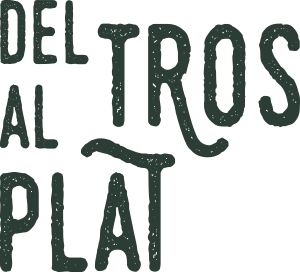

- In 2015, some 371.97 tonnes of eels were produced in the Valencian Community.
- The WHO recommends you eat oily fish at least twice a week.
- Some 52% of the Spanish population aged over 40 eat fewer portions of oily fish than recommended by both the WHO and the Mediterranean Diet.
- Oily fish is an essential part of the Mediterranean Diet.
- Aquaculture is an important economic activity in the Valencian Community.
- The latest figures on marine aquaculture indicate production of close to 14,000 tonnes of fish.
- This represents a first-sale value of over 64,000 million euros.
- Oily fish helps to keep the immune system strong.
- The fish auctions of Valencia, Sagunt, Cullera and Gandia supply fresh fish to the markets of the Valencian Community.
- The close relationship between the auctions and the markets supports a sustainable agri-food chain.
- There are four fishermen’s cooperatives in the region: Cullera, Gandia, Sagunt and Valencia.
- Oily fish is an easily-digested foodstuff.
- It is low in calories and very rich in unsaturated fats.
- EELS = rich in vitamins A and D.
- TUNA = rich in iodine and vitamin B3.
- ANCHOVIES = rich in vitamins B3 and B6.
- MACKEREL = rich in iodine and vitamins B3, B6 and B12.
- HORSE MACKEREL = rich in iodine and vitamins B6 and D.
- POMFRET = rich in iodine and vitamins B6, B12 and D.
- SALMON = rich in vitamins B3, B6 and D.
- SARDINES = rich in vitamins B6, B12 and D.
- Catches in the Valencian Community: anchovies 674.6 tonnes, bonito 7.8 tonnes, horse mackerel 46.3 tonnes, mackerel 22.1 tonnes and 130.4 tonnes of sardines.
- Anchovies are the number-one catch in our region, with 6,311.4 tonnes.
- Sardines are the second biggest catch, with 1,837.3 tonnes.
